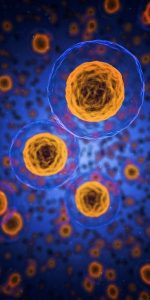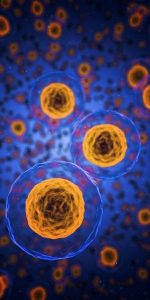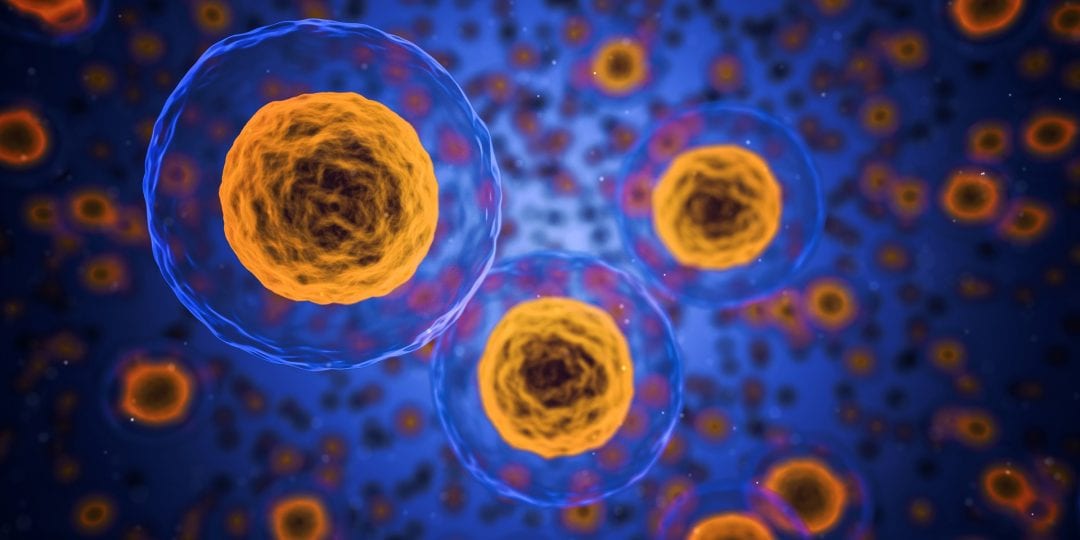 Advanced Healthcare Materials
Advanced Healthcare Materials celebrates its 5th birthday this year! Since 2012 we have been bringing you the latest breakthroughs in biomedical materials science with a strong focus on improving human health, and we will continue to do so in 2017. Read more about this in our latest editorial.
celebrates its 5th birthday this year! Since 2012 we have been bringing you the latest breakthroughs in biomedical materials science with a strong focus on improving human health, and we will continue to do so in 2017. Read more about this in our latest editorial.
No access to our published content yet? Make sure to recommend Advanced Healthcare Materials to your librarian. More information can be found here.
In this monthly feature, we highlight some of the most read Advanced Healthcare Materials papers over the last month. These top-downloaded papers are therefore currently freely accessible! Click on the headers below to get to the corresponding papers. Also check out our previous monthly cover art feature here.
A Wearable Hydration Sensor with Conformal Nanowire Electrodes
by Shanshan Yao, Amanda Myers, Abhishek Malhotra, Feiyan Lin, Alper Bozkurt, John F. Muth, and Yong Zhu
Since water content of the body can be a regulator of multiple health parameters and an indicator of various diseases, it is important to quantitatively assess hydration. Yong Zhu, John Muth and co-workers from the North Carolina State University tackle this challenging task in a recent study, which describes a wearable skin hydration sensor made of silver nanowires in a matrix. The hydration sensing system, along with a strain/motion sensor and three electrocardiography electrodes, is further utilized in a multifunctional chest patch.
A more extensive news article about this study can be found here.
Multicomponent Injectable Hydrogels for Antigen-Specific Tolerogenic Immune Modulation
by Catia S. Verbeke, Susana Gordo, David Schubert, Sarah A. Lewin, Rajiv M. Desai, Jessica Dobbins, Kai Wucherpfennig, and David J. Mooney
Treatment of autoimmune diseases requires efficient immunotherapeutic approaches capable of inducing immune tolerance. Using a mouse model for human type 1 diabetes, which is caused by an autoimmune attack at the insulin-producing beta cells in the pancreas, the lab of Advanced Healthcare Materials board member David Mooney at Harvard University demonstrates an effective activation of regulatory T cell response and modulation of antigen-specific immune tolerance via injection of hydrogels carrying a diabetes-related peptide antigen.
A more extensive news article about this study can be found here.
by Markus Friedemann, Liv Kalbitzer, Sandra Franz, Stephanie Moeller, Matthias Schnabelrauch, Jan-Christoph Simon, Tilo Pompe, and Katja Franke
Cellular behaviour and physiological processes, including adhesion receptor activation, proliferation, and differentiation, which are essential for wound healing, are known to be strongly influenced by biochemical and biophysical properties of the extracellular matrix. Katja Franke and co-workers used collagen-based 3D networks with engineered stiffness and glycosaminoglycan functionalization to investigate the impact of dynamic changes of the extracellular matrix during wound healing. Their results emphasize the importance of rationally designed 3D matrices for in vitro studies on wound healing, rather than more artificial 2D settings.
by Guansheng Zhong, Junchi Cheng, Zhen Chang Liang, Liang Xu, Weiyang Lou, Chang Bao, Zhan Yuin Ong, Huihui Dong, Yi Yan Yang, and Weimin Fan
Burn wound infections often are caused by Pseudomonas aeruginosa bacteria and are extremely difficult to treat as these bacteria easily become resistant to the currently available antibiotics. A team of researchers at institutes in China, Singapore and the UK led by Weimin Fan and Advanced Healthcare Materials board member Yi Yan Yang now has synthesized and characterized a novel class of antimicrobial peptides. These peptides indeed are superior to traditional first-line antibiotics in killing 20 multidrug-resistant P. aeruginosa strains and even destroying biofilms of these bacteria, with negligible induction of drug resistance or toxicity.
by Jungil Choi, Daeshik Kang, Seungyong Han, Sung Bong Kim, and John A. Rogers
Analysis of sweat gives you valuable information on the health status of an individual. Advanced Healthcare Materials board member John Rogers and his team report a “skin-like” microfluidic system for sweat collection and analysis directly from and on the surface of the skin. The natural pressure by sweat glands drives flow into microreservoirs via capillary bursting valves in a sequential manner. Initial studies demonstrate applications for analysis of lactate, sodium and potassium induced by thermal exposure and by running exercises.
A more extensive news article about this study can be found here.
An honorable mention goes to the following paper, which also is among February’s top-downloaded Advanced Healthcare Materials papers and which we already highlighted here and here:
Single Cell Microgel Based Modular Bioinks for Uncoupled Cellular Micro- and Macroenvironments
by Tom Kamperman, Sieger Henke, Albert van den Berg, Su Ryon Shin, Ali Tamayol, Ali Khademhosseini, Marcel Karperien, and Jeroen Leijten

















